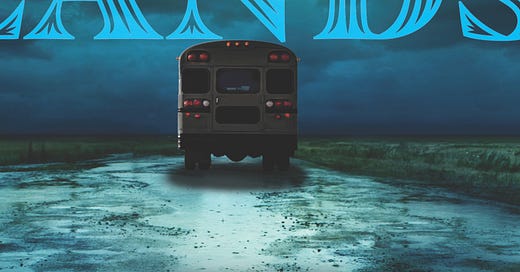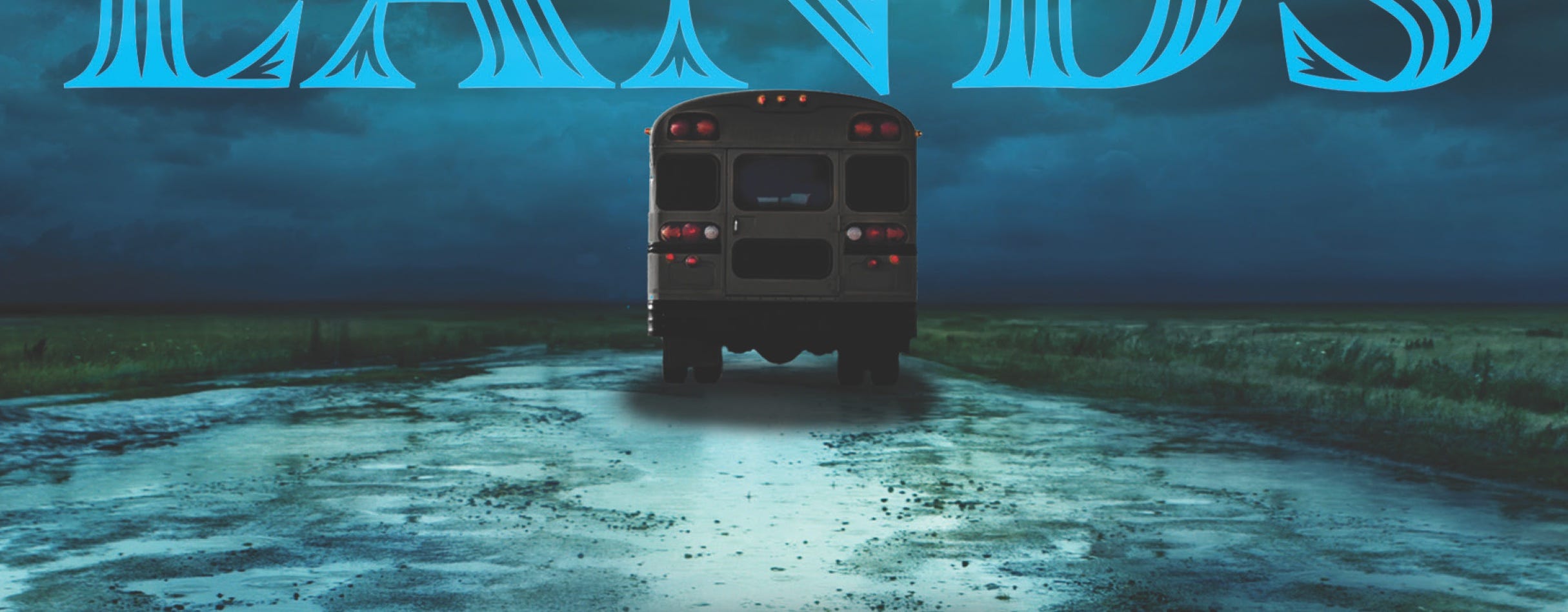The Appalachian Writer Imagining What the Climate Apocalypse Will Look Like
Narratively contributor Alison Stine on her new novel and her advice for writers looking to find their voice.
Though most of us see poetry as unrelated to journalism, and perhaps to fiction too, this isn’t the case for Alison Stine: Her nonfiction work feeds her poetry, which in turn inspires her fiction. She is the author of the brand new novel Trashlands—told from the point of view of a single mother in a post-apocalyptic world— which was just released this week. Alison’s novel, like much of her work, is set in Appalachia, the region where she grew up. Narratively sat down to talk with Alison about her novel, her versatility as a writer and the words of advice she has for others.
Keep reading with a 7-day free trial
Subscribe to Narratively to keep reading this post and get 7 days of free access to the full post archives.




